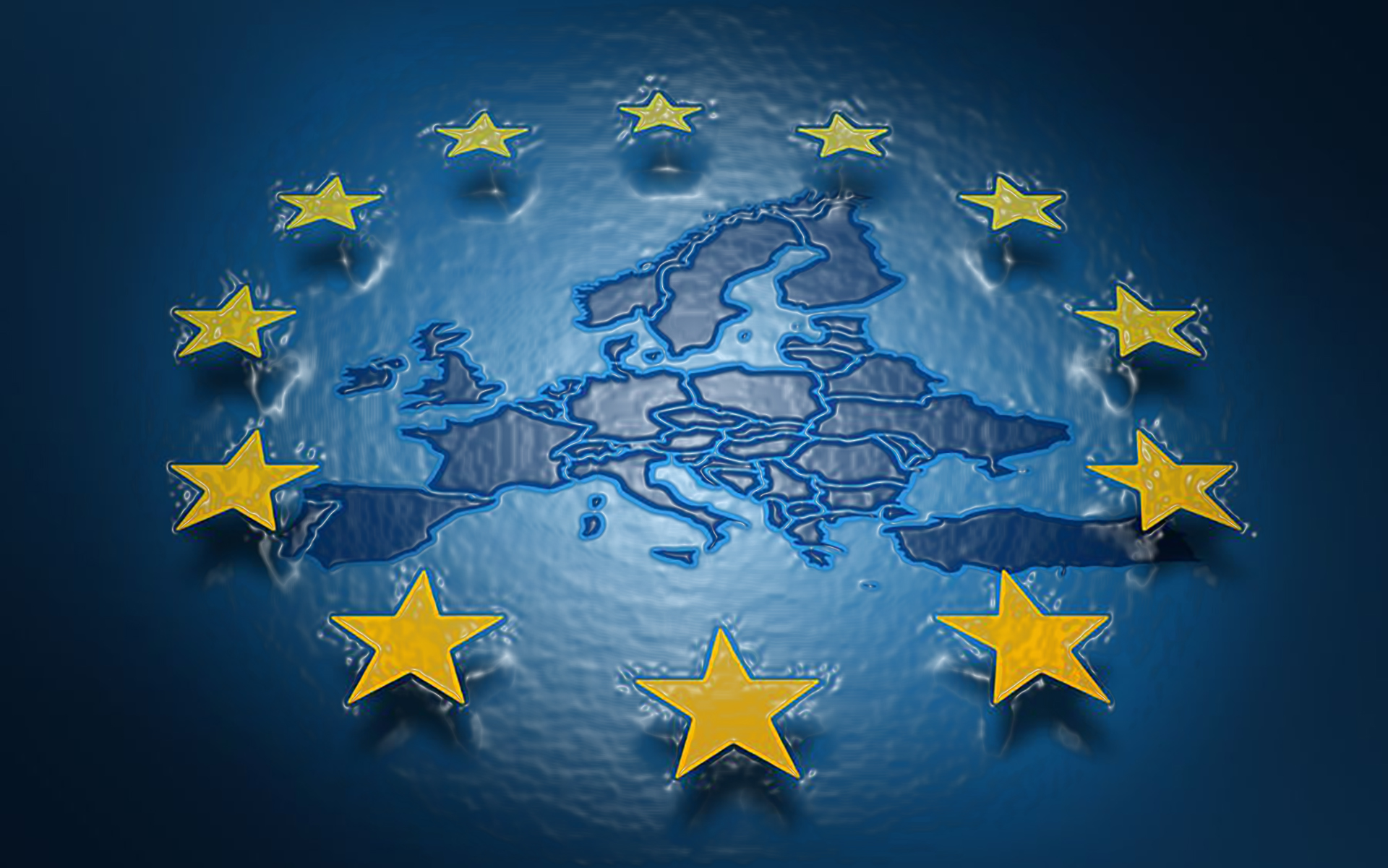Plastic Strategy Of Eu
EUROPEAN COMMISSION PREPARED A NEW PLAN FOR THE PLASTICS INDUSTRY IN ACCORDANCE WITH ITS INDUSTRY AND ECONOMY POLICY.
The report titled “A European Strategy for Plastics in a Circular Economy” sets forth various tar-gets and policies. After touching on the place of plastics industry’s place in the European econ-omy, the ways plastics simplify daily life, and its contributions to human health and wellbeing, the plan goes on to emphasize that the plastics industry needs to be made more productive and sustainable. The plan is also part of Europe’s low carbon and circular economy transition plans.
Turning Challenges into Opportunity
The plan will also provide for the implementation of the Paris Treaty and the EU’s 2030 Sustain-able Development Goals. According to this, all plastic packages will be reusable or recyclable by the year 2030. In order to achieve these goals, the EU has earmarked resources for areas like circular economy, plastics and recycling, and has been dispensing them through various projects, scholarships etc.; hence, the transition has already started to take place.
The circular economy plan leads the EU towards a more sustainable economy while at the same time creating new jobs and investments. According to the circular economy philosophy, produc-tion and design processes must satisfy the requirements of reuse, repair and recycling.
The EU’s strategy focuses in four areas. Improving the economics and quality of plastics recy-cling, reducing plastic waste, directing investments and innovations toward circular solutions and encouraging acting globally.
A Strong and Sustainable European Plastics Industry
The European Plastics Industry employs 1.5 million people and has a turnover of about 350 billion euros. Recognizing the importance of plastics for its economy, the EU aims to strengthen the industry in every sense by modernizing the plastics economy.
80% of the environmental impact arises during the design process, so product design is one of the most important issues for the EU. According to this, better designs can create a profit of 77-120 euros for every ton of plastics collected.
Although the quality of recyclable plastics is increasing gradually, it is still low on the whole, and this constitutes a serious window of opportunity for the plastics industry.
Protecting Citizens and the Environment
The use of plastics is steadily increasing and not recycling plastics can have grim consequences for human health and the economy. For this reason, modernization of plastics is a must. Like-wise, a vast majority of the citizens of EU member states do have similar expectations; hence, EU politicians seem determined to take steps in this direction.



